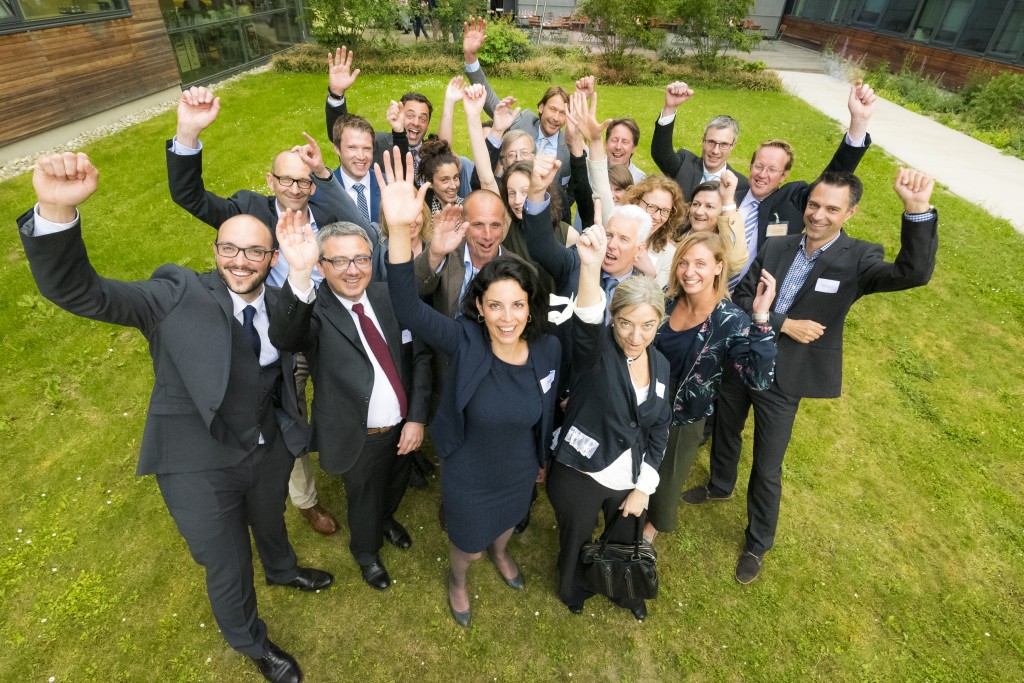Panel boards used in mass produced furniture comprise small wood chips bound together by an adhesive – a so-called binder, as with most adhesives, they include fossil-based components.
Having begun in May 2018, the SUSBIND Project develops a novel bio-based binder system for the mass furniture industry. The expectations are high as the new product should have a better carbon foot-print, reduce the industry dependency on fossil-based materials and contribute to a potential improvement of the indoor air quality. The latest developments show promising results.
Despite the COVID-19 restrictions and regulated access to laboratories and work environments, two Austrian SUSBIND partners, EGGER and Wood K Plus started the pilot scale evaluation of a new bio-based binder system in January 2021. This is one of the most important project milestones, opening the way for increased production capacities.
“Cooperation within SUSBIND enables us to tackle the challenge of developing an adhesive based on renewable resources which is reactive enough to produce wood composites in economic viable pressed times” – Erik van Herwijnen, Team Leader “Advanced Bonding” at Wood K plus.
“The existing binder industry for wood-panels is still relying on fossil-based raw materials including formaldehyde. If the allowed levels of formaldehyde emission will be even more decreased, it will be a big challenge for the board industry and their customers” – Svante Nordänger, Project Leader Materials & Innovations by IKEA.
Besides the carbon footprint, dependency on fossil resources has two major challenges: the raw material price fluctuation which causes short term production costs spikes and public concerns about formaldehyde even though these emissions are in general nowadays at a very low level, not far away from natural wood.
Moreover, there is a challenging contribution to fulfil the European Green Deal goals by 2030 and the meeting product standards requirements.
“The SUSBIND project gave us the opportunity to develop new, alternative binders together with partners from the entire value chain, which is a very good basis for developing industrially feasible solutions.”. – Gerold Schneider, Authorized Officer R&D / IP Egger Group.
The positive results expected from the trials underline that the SUSBIND bio-binder system meet the mass furniture industry optimism and high expectations “as the binder industry will continue to make a variety of efforts in the next 5 to 10 years to bring products to market that follow the trend towards more sustainability and a lower carbon footprint.” – Svante Nordänger, Project Leader Materials & Innovations by IKEA.

Contact
Dipl. Ing. Roxana Weiss-Anton, BA
SUSBIND Project Manager at RTDS Group
Email: susbind@rtds-group.com
Source
SUSBIND, press release, 2021-03-15.
Supplier
Bio-based Industries (BBI) Joint Undertaking
IKEA
Kompetenzzentrum für Holzverbundwerkstoffe und Holzchemie (Wood K Plus)
RTDS Group
Share
Renewable Carbon News – Daily Newsletter
Subscribe to our daily email newsletter – the world's leading newsletter on renewable materials and chemicals










